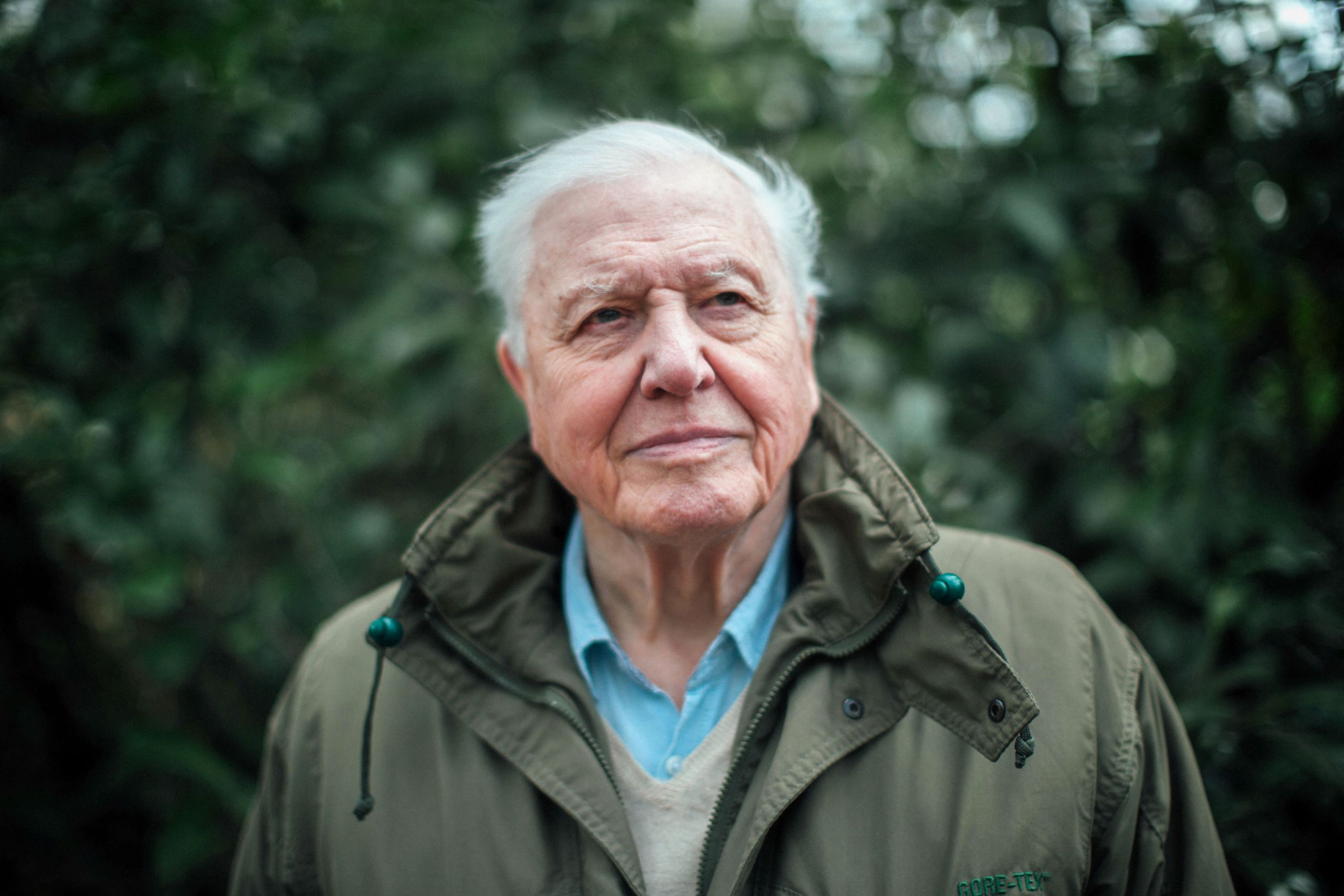David Attenborough celebrates his 95th birthday today. The English broadcaster and naturalist is viewed as a national treasure, well known for his educational documentaries.
To mark the occasion of his upcoming birthday, we take a look back at his legacy, including how and where he started, his humanitarian work, and some of his most popular documentaries.
As you can imagine, Attenborough had an interesting childhood. He grew up collecting fossils and stones, and in 1936 he and his brother attended a lecture about conservation at De Montfort Hall in Leicester. Attenborough had attended a Leicester grammar school, but in 1945 he won a scholarship to Clare College, Cambridge, where he studied geology and zoology.
Soon after this, in 1947, Attenborough was called for national service in the Navy. Two years later, he left the Navy and began editing children’s science textbooks. Attenborough applied for a job with the BBC in 1950, and despite not receiving the job he applied for, he was offered a place on a training course and joined the BBC as a producer in 1952.
Attenborough’s career began to take off when he produced and presented Animal Patterns, a three-part natural history series. However, despite a BBC Natural History Unit being formed in 1957, Attenborough refused the offer to join as he did not want to leave London, where he and his family lived. Shortly after in the early 1960’s he took a break from the BBC to study for a Masters’s degree at the London School of Economics in Social Anthropology.
In 1965, Attenborough became the controller of BBC Two, and later that year he travelled to Tanzania to film elephants. Then in 1969, Attenborough made a three-part series on the island of Bali.

It wasn’t long before Attenborough became well known for travelling, and over the last few decades, he has become famous for his nature documentaries. With Planet Earth, Frozen Planet, The Blue Planet, and Dynasties being some of his most popular series.
Earlier this year, he released the documentary series A Perfect Planet on BBC, where Attenborough explains how our planet is one in a billion. He shows us how amazing and inspiring nature can be, and why we need to protect our planet and the environment.
Attenborough has spoken out many times about why we need to save our planet and ways that we can help. This includes eating less meat, transitioning to renewable energy, and protecting our oceans by establishing a global network of no-fish zones.
Over the years, Attenborough has also received multiple honorary titles, including an OM, GCMG, CH, CVO, CBE, and FRS. He also has honorary degrees from more than 30 universities. Plus, last year for his 94th birthday he was awarded a second knighthood.
To one of our most desired British treasures, here is a happy birthday to Sir David Attenborough.
By Laycie Beck
Feature image: BBC

